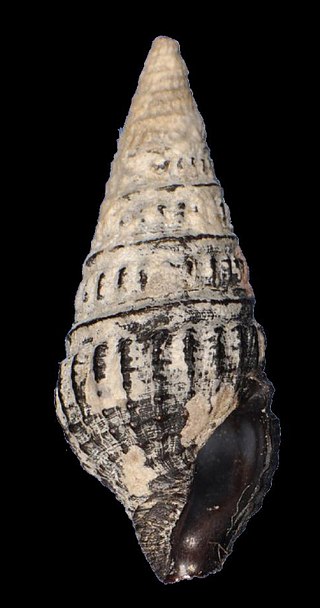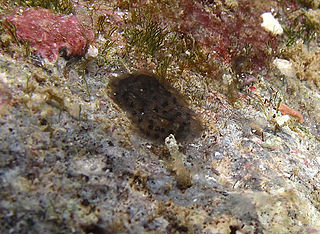
The veery is a small North American thrush species, a member of a group of closely related and similar species in the genus Catharus, also including the gray-cheeked thrush, Bicknell's thrush, Swainson's thrush, and hermit thrush. Alternate names for this species include Wilson's thrush and tawny thrush. Up to six subspecies exist, which are grouped into the eastern veery, the western veery or willow thrush, and the Newfoundland veery.

Rabbitfishes or spinefoots, genus Siganus, are perciform fishes in the family Siganidae. It is the only extant genus in its family and has 29 species. In some now obsolete classifications, the species having prominent face stripes—colloquially called foxfaces–are in the genus Lo. Other species, such as the masked spinefoot, show a reduced form of the stripe pattern. Rabbitfishes are native to shallow waters in the Indo-Pacific, but S. luridus and S. rivulatus have become established in the eastern Mediterranean via Lessepsian migration. They are commercially important food fish, and can be used in the preparation of dishes such as bagoong.

The black-faced cormorant, also known as the black-faced shag, is a medium-sized member of the cormorant family. Upperparts, including facial skin and bill, are black, with white underparts. It is endemic to coastal regions of southern Australia.

The cardinal woodpecker is a widespread and common resident breeder in much of sub-Saharan Africa. It occurs in a wide range of habitats, ranging from dense forest to thorn bush. It is fairly vocal and is easily identified by its call notes. The sexes are distinguishable by their head patterns.

The pulsating xenid is a species of soft coral in the family Xeniidae. The species was first described in 1834 by Christian Gottfried Ehrenberg as Xenia fuscescens.

The Pacific sea nettle, or West Coast sea nettle, is a widespread planktonic scyphozoan cnidarian—or medusa, “jellyfish” or “jelly”—that lives in the northeastern Pacific Ocean, in temperate to cooler waters off of British Columbia and the West Coast of the United States, ranging south to México. The Pacific sea nettle earned its common name in-reference to its defensive, ‘nettle’-like sting; much like the stinging nettle plant, the sea nettle’s defensive sting is often irritating to humans, though rarely dangerous.

Thumatha is a genus of moths in the family Erebidae. The genus was erected by Francis Walker in 1866. Species are distributed in the Oriental and Australian regions.
Hierodula fuscescens is a species of praying mantis in the family Mantidae.

Dicranoptycha is a genus of crane fly in the family Limoniidae.

Crassispira fuscescens is a species of sea snail, a marine gastropod mollusk in the family Pseudomelatomidae.

Nassarius fischeri is a species of sea snail, a marine gastropod mollusc in the family Nassariidae, the Nassa mud snails or dog whelks.

Hallaxa fuscescens is a species of sea slug or dorid nudibranch, a marine gastropod mollusk in the family Actinocyclidae.

Thumatha fuscescens is a moth of the family Erebidae first described by Francis Walker in 1866. It is found in Australia, South-East Asia, India, Sri Lanka, the Comoros, Réunion, Madagascar, and Gabon.
Eulima fuscescens is a species of sea snail, a marine gastropod mollusk in the family Eulimidae. The species is one of a number within the genus Eulima.
Dialypetalanthus is a genus of trees in the family Rubiaceae. It only contains one species, Dialypetalanthus fuscescens, which is found in Bolivia, Brazil and Peru.
A corticolous lichen is a lichen that grows on bark. This is contrasted with lignicolous lichen, which grows on wood that has had the bark stripped from it, and saxicolous lichen, which grows on rock.
Pseudorhaphitoma fuscescens is a small sea snail, a marine gastropod mollusk in the family Mangeliidae.
Dicranoptycha elsa is a species of limoniid crane fly in the family Limoniidae.
Dicranoptycha nigripes is a species of limoniid crane fly in the family Limoniidae.

Siganus fuscescens, the mottled spinefoot, black rabbitfish, black spinefoot, dusky rabbitfish, fuscous rabbitfish, happy moments, mi mi, pearl-spotted spinefoot, pin-spotted spinefoot, stinging bream or West Australian rabbitfish, is a species of marine ray-finned fish, a rabbitfish belonging to the family Siganidae. It is found in the Western Pacific Ocean.












